Parenting your puppy:
Owning a puppy is great fun but there are also great responsibilities. We look at the ways in which you can best care for your puppy and how you can be a responsible puppy owner. Like all worthwhile things in life, owning a puppy involves responsibilities as well as pleasures. The pleasures are obvious and the responsibilities need to be considered. Your responsibilities are not just to your puppy but also to other people and the environment.
Training:
A well-trained and disciplined pup is an asset to his owner, so make sure he receives at least some basic obedience training. A puppy that is taught a few simple rules will become a well-adjusted and well-behaved family pet. Similar to children, you can teach puppies manners and the rules of the household. From the time you bring your new puppy home, teach him not to bite – even in play. Also, teach him that unnecessary barking is not allowed. Always make your puppy obeys the command “Sit” before being petted or fed. The key to training your pup is to realize that he really does want to please you. Praise and reward your puppy for appropriate behaviour and use a stern “No” when you wish to correct his behavior. As your puppy grows you should seek assistance with more formal training. Contact your local obedience club for details about their training classes. Joining such a club is inexpensive and not only provides instruction on training your puppy to obey basic commands such as stay, down and come, but a training club also allows your puppy to socialize with other dogs. Training will make your puppy a more pleasurable companion and it may also one day save his life.
Grooming:
Regular grooming is necessary to keep your puppy looking and feeling his best. Puppies that are naturally longhaired or densely coated require brushing more frequently than shorthaired puppies. Some breeds require regular professional clipping. Puppies should be accustomed to being brushed and combed from an early age. Your veterinarian can assist with cutting your puppy’s nails and cleaning his teeth, or can show you how to do it yourself. It is your responsibility to make sure that your puppy is vaccinated, wormed, de-fleaed and given regular health checks. If you are not planning to breed your puppy it is advisable to have him neutered by the age of six months, as this can help him live longer and cut down on future health problems.
Neighborhood friendly puppy:
Puppies that are allowed to bark excessively disturb the neighborhood, and neighbors will be unlikely to investigate a disturbance should anything agitate your pup. Constant barking can often be a sign of boredom. As a rule, puppies need regular physical and mental stimulation. When walking your puppy, always keep him leashed and observe all local regulations. Comply with the canine registration regulations, and be sure that your pup wears his registration tag and identification at all times. He should never be allowed to wander or roam. The consequences can be severe, ranging from a fine from your local government to your puppy becoming lost or even injured or killed by a motor vehicle. As a responsible puppy owner you must ensure that your pup does not soil parks, gardens, beaches or streets. Give your puppy every opportunity to relieve himself in his own yard before being taken for a walk. Accidents may happen from time to time and it is your responsibility to be prepared by carrying plastic bags or commercially available “pooper-scoopers” to clean up and dispose of the mess.
Prevention:
Unfortunately, puppies sometimes do get lost. You can help prevent this by making sure your puppy always wears a collar and an identification tag with your telephone number. Get your puppy microchipped as a further precaution against losing him. Your veterinarian can do this for you. Confine your puppy during thunderstorms and firework displays. If he does get lost, check with your neighbors, your local veterinary clinics, shelters and other animal welfare organizations. Check with these organizations in the neighboring areas as well, as lost animals may travel some distance. If you are planning a holiday, you will need to consider how best to care for your puppy while you are absent from home. Your veterinarian may be able to recommend a reputable kennel. You should make arrangements well in advance if you intend to board your puppy during common holiday periods. His vaccinations will need to be up-to-date. If you are only absent for a few days you may be able to arrange for a neighbor or a home feeding service to visit and feed your puppy. Never leave your puppy in the car, as cars can become very hot, even on moderately warm days, and he could die from heat exhaustion. By making sure that your puppy is well looked after, well-behaved and that you respect other people’s wishes, you are acting as a responsible puppy parent. This will not only benefit you and your puppy, but you are doing your bit for the reputation of other dog and puppy owners as well.
Kallee and Tamara
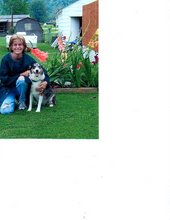
A Beautiful Summer Day.
Madam Kallee, CTD, CGC - 1994-2005 - Certified Therapy Dog and a Canine Good Citizen
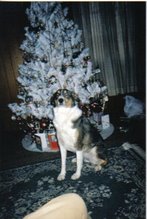
I am so pretty!
Kallee, T.D.I., CGC - Certified Therapy Dog and a Canine Good Citizen - 1994-2005

I loved to pose for the camera.
Hat Girl.

The things I do for my mom!
Happiness.

Bubby knows how to scratch a tummy.
Best of Friends.

Mine! No, Mine!, No Mine!!!
Whew !

Bubby wears me out!
This is the Life.

Just relaxing with bubby.
Kallee and Mr. Monkey
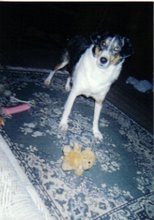
See Mr. Monkey? Wanna play?
Miss Cool.
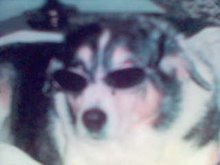
I loved to wear my shades.
Thursday, December 6, 2007
Subscribe to:
Post Comments (Atom)
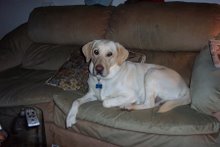








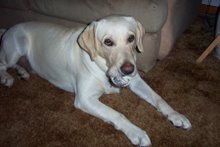


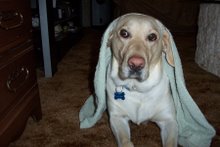
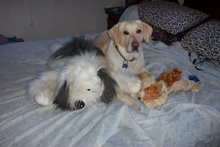

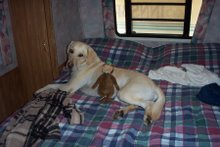

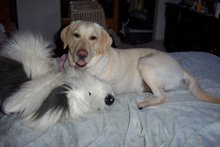
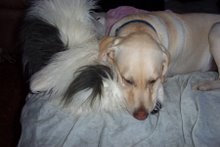

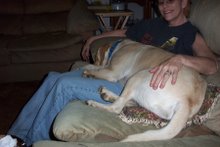
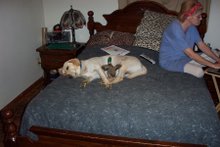
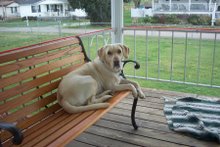
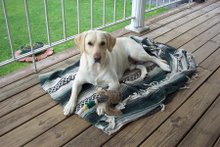
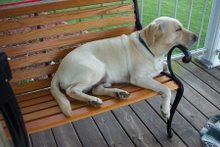

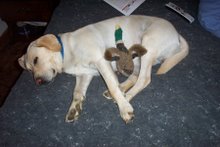
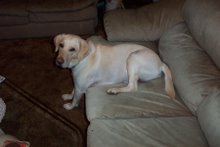
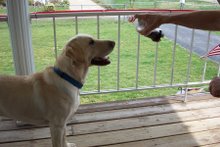
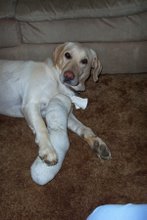
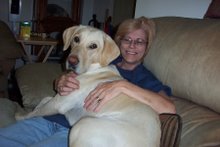
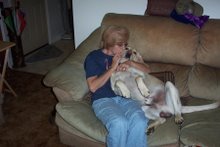
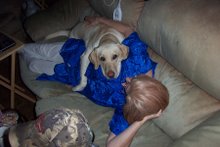
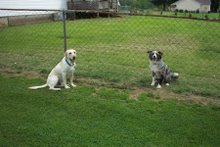
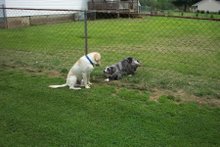
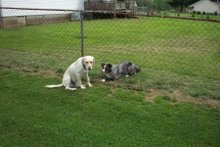

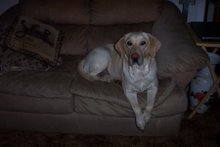
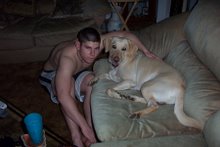
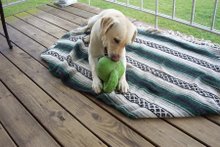
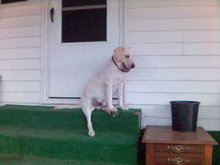
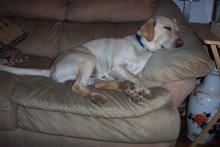
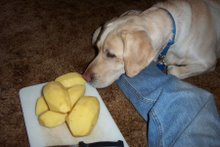

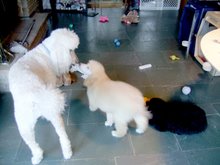
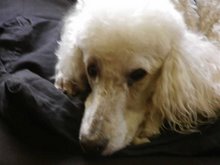

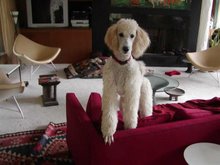
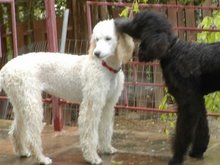
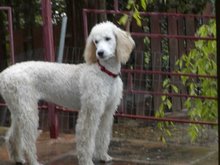

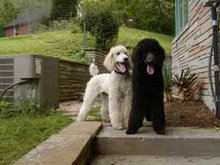
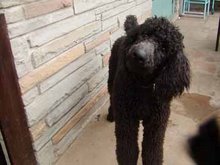
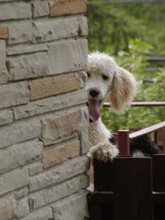
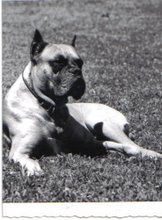

No comments:
Post a Comment